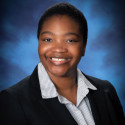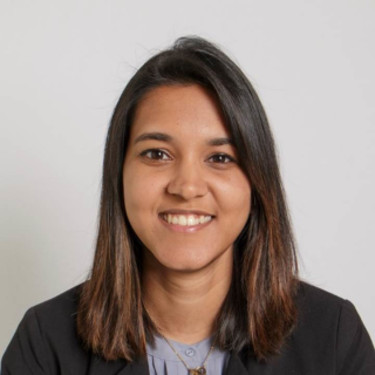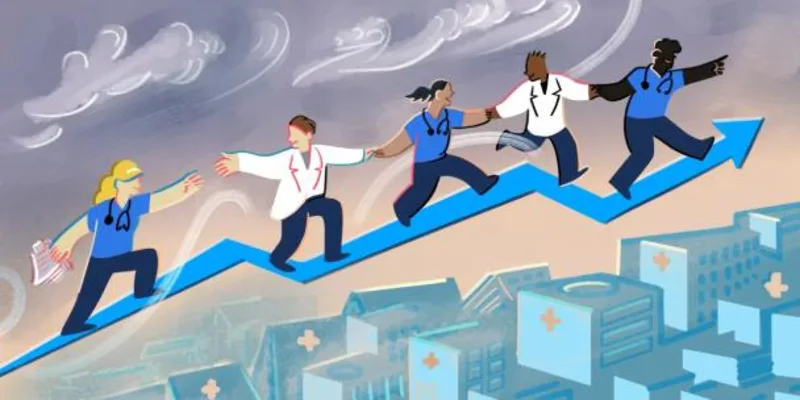When I first started medical school, I had no idea how I’d get through it. The first two years were intensely difficult, with the newly overwhelming workload, countless exams, and the far-sighted goal of actually talking to patients. I still remember my biochemistry block, where we learned about the process of glycogen storage and energy metabolism on a cellular level. As someone who loathed my undergraduate organic chemistry course, this was another version of a nightmare that I thought was in my past. That class, along with several others, made me question myself and whether I was truly cut out for medicine. If I couldn’t survive the basics, how on earth could I help my patients?
Then third year came. Another long, windy, and stressful road ensued: a wild ride of quick rotations where you only stay long enough to finally find the bathroom before you’re ushered off to the next place. Every four to six weeks, I showed up unreasonably early to our specified meeting point, silently chanting first aid knowledge about different organ systems in my head so I’d be ready for the inevitable questions to come from my residents and attendings. I spent so much time in my head thinking about how to prove myself that I often over-prepared and walked away embarrassed. For example, when asked what I knew about diabetes, I once began to recite my answer … on a cellular level. While my attending was appreciative of my deep foundational knowledge, this wasn’t exactly what they wanted to hear. Other moments like this led me to silently wonder: When would I ever relax? When would I feel good enough?
Now that I’m in my fourth year, however, I can say that I have come into my own. Fourth year, to my surprise and delight, has been a dream come true. I have the medical knowledge to actually know what I’m looking at, the flexibility to not worry about exams, the practiced ease of connecting with patients, and the option to leave early when things are a little s-word (slow for all you non-superstitious folks out there).
And beyond this, I’ve found that this time period is invaluable for honing one’s skill as a communicator. I’m planning to go into family medicine, but my fourth-year rotations in anesthesia, academic medicine, narrative medicine, and palliative care have certainly left me way better off than when I first arrived. For example, from the palliative care team I have learned how to explain difficult medical situations to our patients through the lens of spiritual and emotional support. From narrative medicine, I have been reminded that storytelling is a powerful tool that can bridge the gap between patients and clinicians. And across all my rotations, I have had the opportunity to share my newfound knowledge with my fellow medical trainees as well as my patients, which helps reinforce everything I’ve learned.
Furthermore, working within these disciplines during fourth year has taught me the utility of understanding the work of my peers as a (future) primary care physician. Even though I don’t intend to go into the above specialties, being exposed to them has helped me figure out how to approach patient care when I’m not fully sure of what the first step can and should be for the interdisciplinary team, and has reminded me that I’m part of an overarching clinician ecosystem.
If you, like me, experienced doubts about your future in medicine while in the first few years of med school, know this: Fourth year is better than all the others, a time when all your knowledge and nascent skills will coalesce. Remember, everything you learned leading up to this — all the embarrassing moments, all the questioning — has brought you to this place. All you have to do is take your feelings in stride and know that you are on your way to finally being the medical student (and eventually resident, attending, colleague and community member) you’re hoping to be.
Fellow students, you got this. I encourage you to take this time to both relax and absorb as much as you can from the incredible specialties and electives that are waiting to welcome you. You never know how one experience will light your path forward toward excellence, now, in the future, and beyond.
How did you survive the first three years of med school? Share in the comments.
Najya A. Williams is a multidisciplinary artist, narrative medicine practitioner, and fourth-year medical student at the Lewis Katz School of Medicine. She is passionate about serving her community and intends to continue this work after graduation as a family medicine physician. You can learn more about Najya’s endeavors via her Instagram (@NajyaWilliams) and website (najyawilliams.com). Najya is a 2024–2025 Doximity Op-Med Fellow.
Illustration by Jennifer Bogartz







